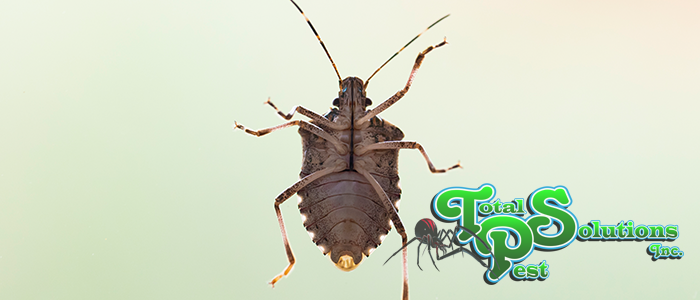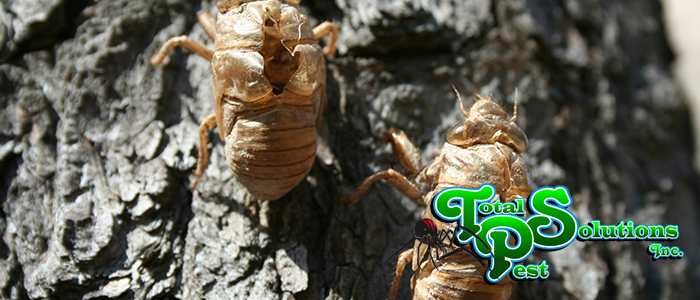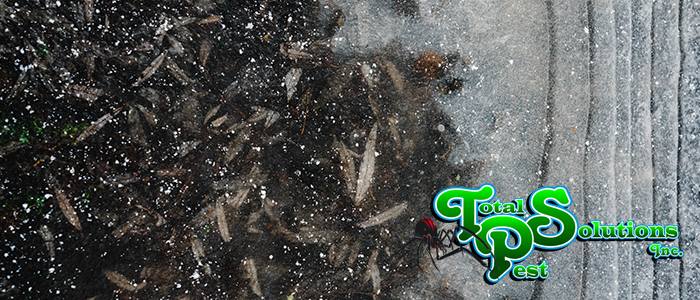
Bed Bug Hibernation
Bed bugs can be extremely difficult to eradicate from your home, and—regrettably enough—they are found in many areas of the United States. They are small, flat insects that feed on the blood of their victims. If you’ve ever had the unfortunate experience of dealing with bed bugs, then you know just how unpleasant and frustrating it can be. If you suspect you have them, it is best to call in an exterminator immediately as they can spread quickly if left untreated. But, if you’re curious about their hibernation habits, you can learn more within this article.
Diapause and Hibernation for Bed Bugs
While bed bugs don’t undergo a true hibernation, they can enter into a state of inactivity called diapause if the temperature is too low or there isn’t enough food to support normal activity. For example, some ladybugs can enter diapause when their environment lacks proper humidity levels. When this happens, the ladybugs stop eating and lay eggs that will not hatch until conditions improve. Bed bugs are not immune to this phenomenon either.
Bed bugs can enter diapause when temperatures are too low or too high for them to survive. In some species, this is their only way of surviving harsh conditions.
Bed Bug Activity and Travel
Because bed bugs hitchhike on luggage and other people’s belongings, we see an increase in infestations during summer vacation time and at the end of each year when people are traveling to visit their families.
The best way to avoid bringing bed bugs home with you is by being diligent about your luggage, clothes, and belongings. Make sure you inspect all of these items thoroughly before leaving any location where there might be bed bugs present. But, if they do manage to invade your home, you might not know for a while yet depending on the conditions of your environment.
Signs of Bed Bugs
Considering the affects of bed bugs are not generally known to the layman, here is a list of things that might be relevant to your home. You may notice a few or all of the following symptoms:
- Red, itchy bites that look like pimples or welts. These usually appear on your arms or legs, but can happen anywhere on your body.
- Dark spots that look like coffee grounds on your mattress and sheets from dried blood from crushed bug bodies.
- Small black fecal droppings that resemble pepper flakes in places where they hide during the day such as baseboards, electrical outlets and furniture
- A musty odor and/or an infestation of tiny black bugs that are about the size of a grain of rice.
- Worn areas on your mattress where you or your children sleep, like depressions and indentations in the fabric
Bed bugs aren’t known to transmit diseases but they can cause allergic reactions such as itching, red welts and rashes. If you think you might have an infestation, don’t be afraid to contact our total pest solutions experts today.
continue reading
Related Posts
Auburndale’s Winter Weed Resurgence: Targeting Poa Annua As the vibrant
Davenport’s Pine Beetle Threats: Protecting Trees in Dormant Season As
Winter Roach Hotspots in Lakeland: Kitchen & Bathroom Prevention As







